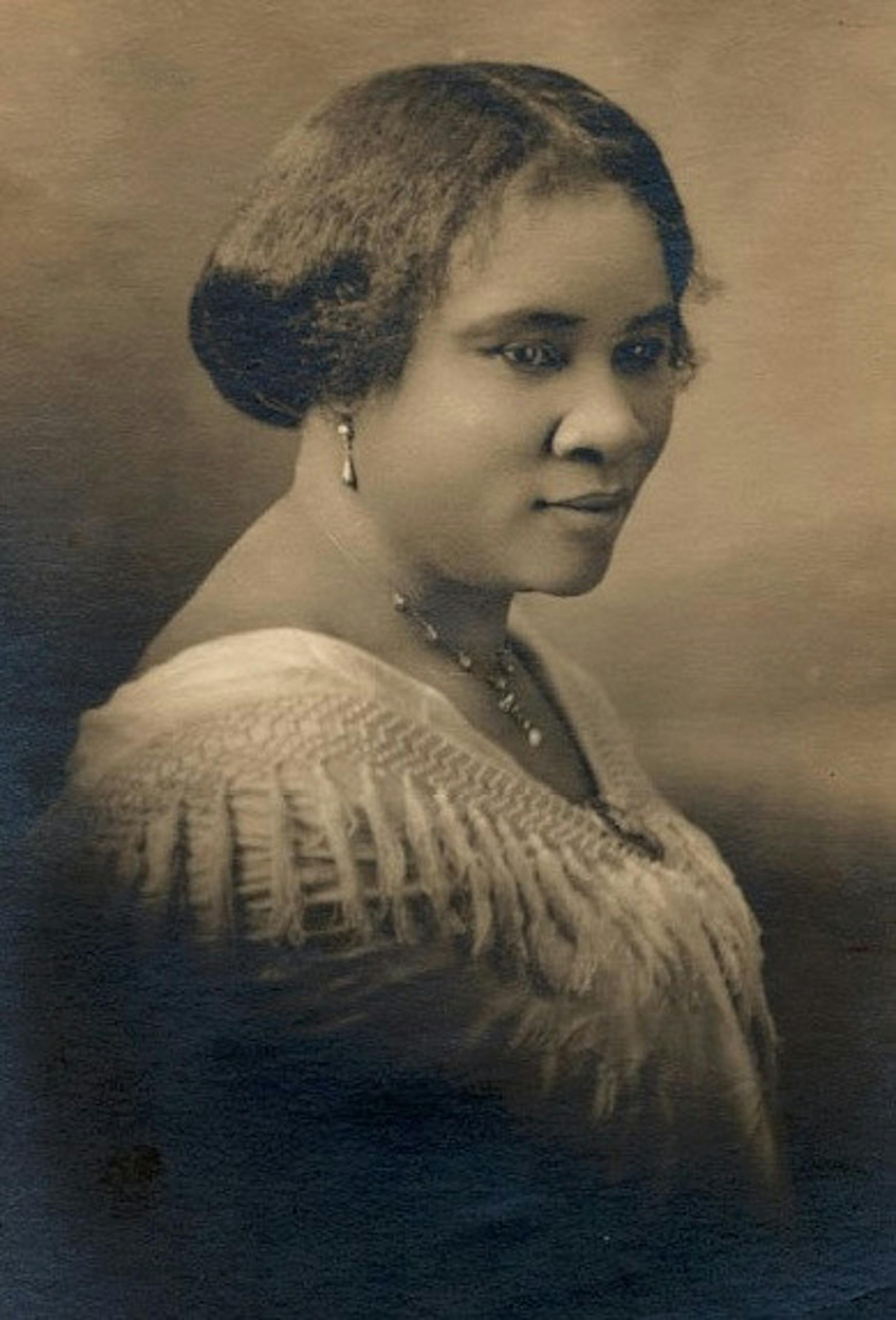Incredible inventors and their illuminating inventions
Incredible inventors and their illuminating inventions
In celebrating Black History Month, it is important to recognize and remember the struggles, achievements and contributions of African Americans. It was not until looking at the internet sensation Because of Them We Can — a website dedicated to exploring Black excellence from past and present and producing content on Black inventors — I was inspired to do my own research. Not surprisingly, so many of our day-to-day lives revolve around inventions made by African Americans and quite often people are blindly unaware. So in that vein, today I am delving into some notable Black inventors.
- Madame C. J. Walker - Hair Straightening Formula
According to the National Women's History Museum, Walker rose out of poverty, eventually becoming one of the wealthiest African American women of her time. After struggling financially and facing terrible hair loss from strenuous physical labor, she began to use Annie Malone’s “Wonderful Hair Grower” After witnessing the miraculous growth her hair had, she decided to market a line of hair care products for African American women calling it “Madame Walker’s wonderful Hair grower.” She also founded the Madam C.J. Walker Manufacturing Company, which became the first national Black business. She was also a strong advocate for women's rights and philanthropy. I highly suggest watching the amazing Netflix series “Self Made” with Octavia Spencer capturing the role of none other than Madame Walker.
- Marie van Brittan Brown - CCT Security System
The Association for Women in Space explains that Mrs. Brown was the inventor of the first home security system. Hailing from Queens, New York and working odd shifts as a nurse, she was consistently finding new ways to always stay safe and secure. It was in 1966 that she applied for a patent for her idea and invented the camera that would project images from outside the apartment or house. She was interviewed by The New York Times and went on to receive an award from the National Scientists Committee.
- Garett Morgan - Tri-color Traffic Lights
Despite only having a sixth-grade education, Morgan was very bright and ingenuitive, Scientific American explains. It would seem that Morgan’s ideas were made after the tragedy. In the early 1920’s, automobiles were relatively new and Garrett Morgan was the only Black person to have one at the time in Cleveland, Ohio. Back then, the traffic lights had two colors, with one meaning “go” and the other meaning “stop.” After watching an accident he thought of an improvement: a third light. This was patented in 1932 and later sold to General Motors.
5. Sarah Boone - Ironing Board
Sarah Boone was among the first African American women to receive a patent in the history of the U.S. That in itself is an incredible accomplishment. So what exactly did she invent? An improvement of the ironing board, originally patented in 1856 her renewed version was patented in 1892. BlackPast clarifies her design essentially changed the board to accommodate for ironing women’s clothing by curving the edges. This should come as no surprise as she became a dressmaker and designer early in her life.
6. Charles R. Drew - Blood Banks
It was not until his biology class in college that he gained an interest in medicine. From then on, his journey into the medical field continued to expand. He graduated second in his class and later in his life, he became the first African American to earn a doctorate at Columbia University. During World War II, Drew was able to work with other scientists to collect and process plasma. The procedures he used are still seen today as it has even been adopted by the American Red Cross.
By celebrating the legacy of these contemporaries, we can acknowledge the creativity and resilience of African American scientists who have paved the way for a better future. If you are captivated by all of these amazing inventors, you should not stop here. Do your research! Read more. Watch more. Learn more. And remember: Black History happens every single day.



Please note All comments are eligible for publication in The Justice.